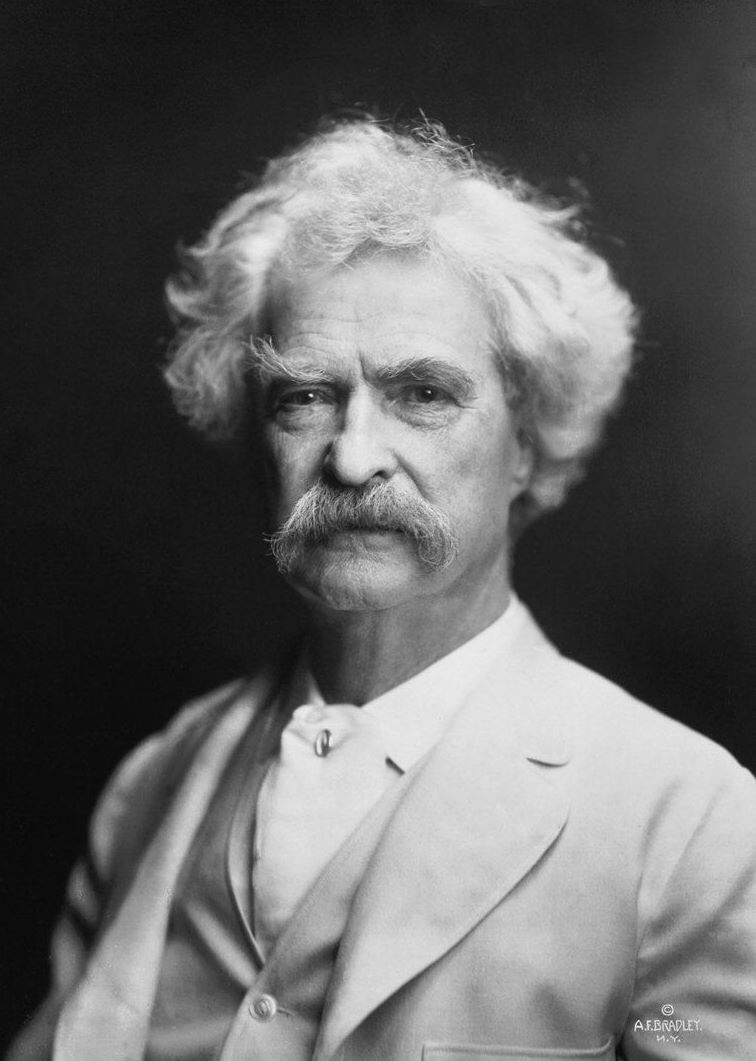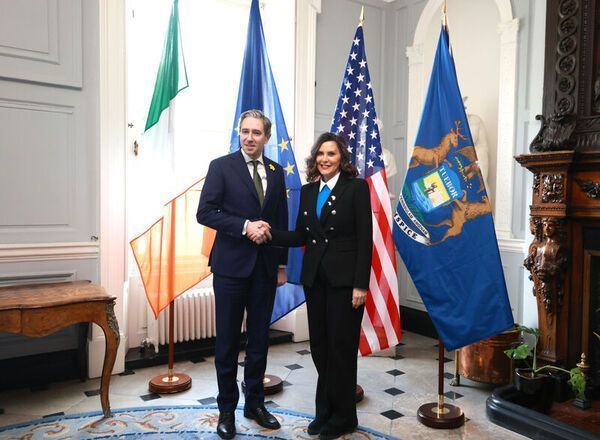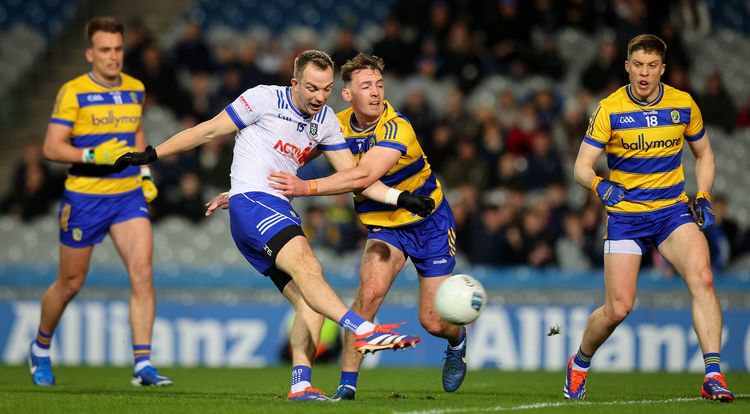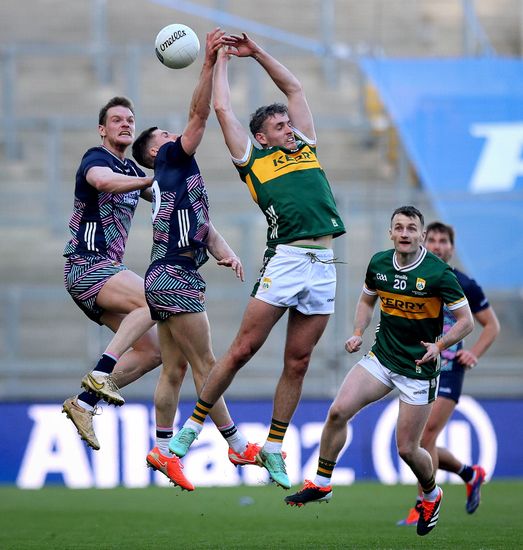The great Chesterton remarked that “travel broadens the mind, but you must have the mind.” To which Mark Twain added, “travel is fatal to prejudice, bigotry, and narrow-mindedness.”
I suppose they were saying roughly the same thing – get out of your burgh and air out your opinions.
Wexford was hardly narrow-minded in the early 1970s. It was a port town with a strong merchant marine tradition. It was as open as any in Ireland and closest to Europe, in more ways than just geographical.
Back then, I had the good fortune to see "Midnight Cowboy" and read Jack Kerouac’s "On The Road" and, before I knew it, armed with a student visa, I arrived in New York City.
The Deuce (42nd Street) was an eye-opener, East Village rents were cheap – life could be too, but in general, New York in the 70s was both magical and regenerative.
It didn’t take long until "On The Road" raised its glorious head. At Malachy McCourt’s Bells of Hell pub I was introduced to composer David Amram, one of the Beats. He and Kerouac had not only been close friends, they had created the Jazz/Poetry fusion during a jam a quarter century earlier.

David resurrected Jack’s spirit in the back room of the Bells and at 93 years young, he continues to do so.
In "On The Road," Kerouac sets off to excavate the restless soul of America, and in the 1970s many of us followed suit.
You didn’t need much money. All you had to do was sign up to deliver a car to Florida, California or some other state of place or mind.
You laid down a small deposit, the cars were in great shape, and off you went – into the mystic.
The car agency preferred you to take your time: you had a week to drive to Florida; so accompanied by friends or girlfriend, you headed down the New Jersey Turnpike to find America.
The country was changing. 1960s attitudes had leaked wholesale into the 70s, music was bringing people out of their shells, races were mixing, even in the rigid South. There was friction too, but Miami was resurgent, and Key West was an inexpensive paradise.
As money was tight, I always took the bus back. This was a revelation. Greyhound transported working and lower-middle class America. The back seats were filled with servicemen going home, Ratso Rizzos and Joe Blows sporting a bottle or a half-ounce, and you got to hear stories in the dark that echoed Kerouac’s soul-searching.
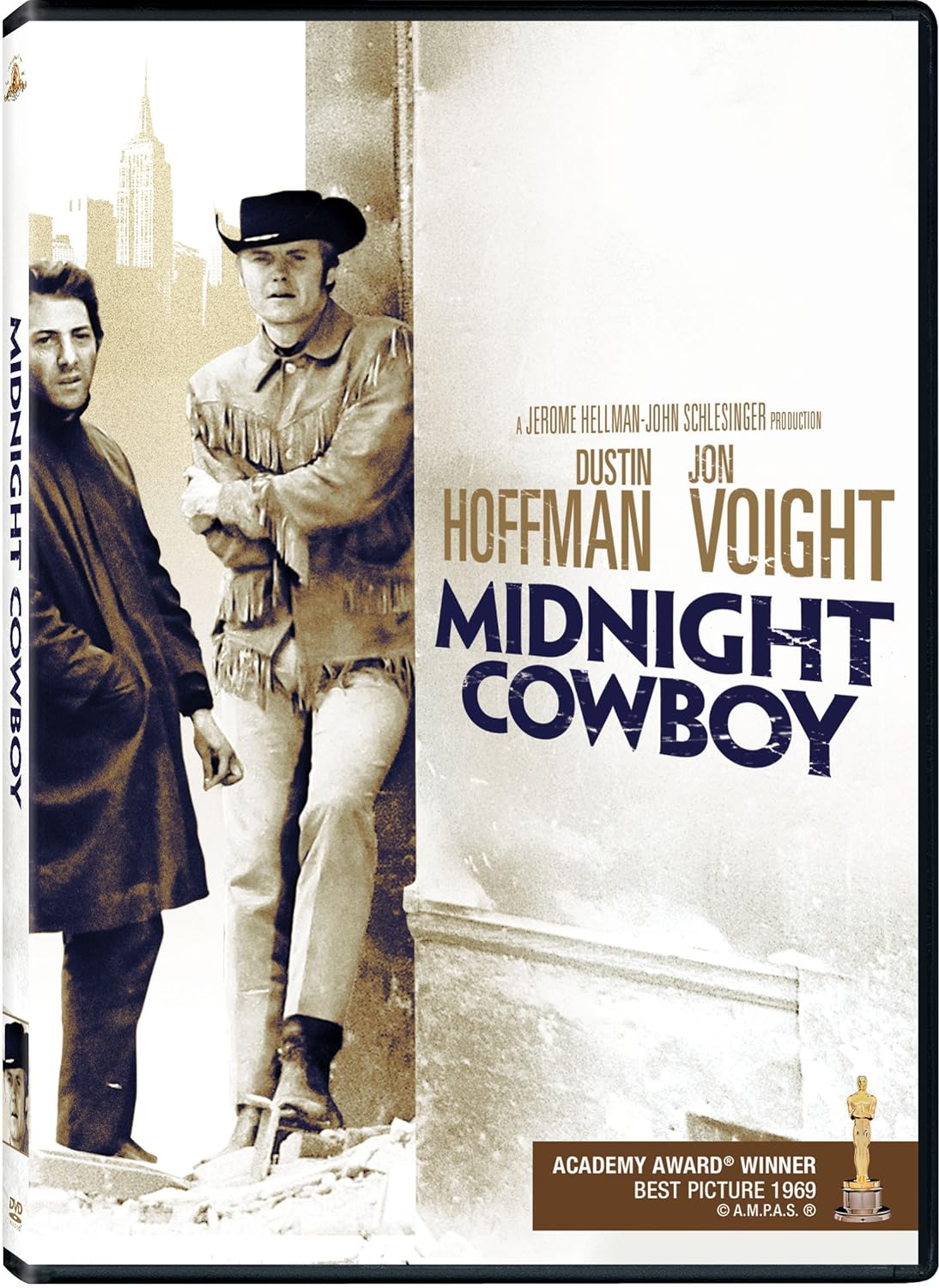
People talked politics, but respectfully, each person had their say, and we all listened. You soon realized that almost everyone had the same goals: help their families, and be treated with respect.
There was camaraderie among strangers on those buses, and in the rest-stops and the bars near the bus stations - nobody was carrying anything valuable, and we looked out for each other.
It was much the same all over the country, for I drove to California too on varying routes, and eventually I traveled all over this vast country with the various bands I played in.
A craziness began to set in during the Obama years. Was it a reaction to a Black man being president? It was probably more complex, but there’s little doubt that a native nuttiness and xenophobia have been fanned by the powerful tail winds of the internet.
People stay home now and spend long hours staring into screens. You can argue with a “friend” thousands of miles away, without ever having set eyes upon them. You may definitely speak your piece without caring that anyone else might feel insulted by your prickly, solitary honesty.
And you have politicians, influencers, and so many others ready to make a buck by egging on you and your fantasies.
The only thing you don’t have to do today is listen.
What would Mark Twain say? My guess is he’d advise us all to go somewhere out of our comfort zone, buy a beer and listen to the soul of America.
That soul is still out there somewhere. You won’t find it in some anonymous, clamorous chat room, but you just might run into it in the quiet of night on the back seat of a Greyhound bus. And you’d be the better for it.

